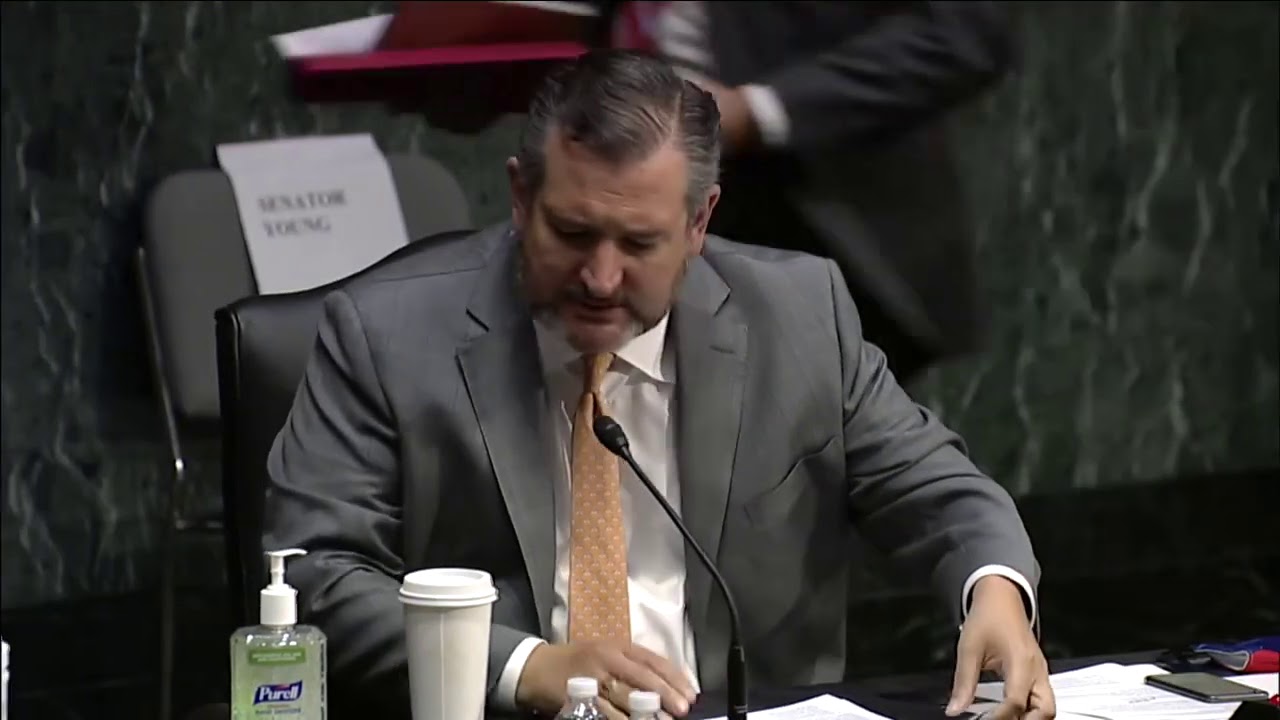SEC. POMPEO REAFFIRMED THE U.S.’S COMMITMENT TO USING SANCTIONS TO HALT PIPELINE’S CONSTRUCTION
“As you know, the Russians are actively pushing disinformation that there are not going to be sanctions for anyone involved in this pipeline. The Russians actively push disinformation that the bipartisan legislation I had introduced previously was not going to pass. That was wrong. And we had overwhelming bipartisan support that passed it into law.”
“And so I would encourage, I believe under CAATSA, you have full legal authority right now to make clear and explicitly clear to anyone involved with constructing this pipeline that the consequences of doing so are catastrophic and not worth doing.“
“I would encourage the State Department, and I recognize you work within an administration and there may be other agencies that have different views. But if there are, those other agencies aren’t right in this matter.“
“If the pipeline is completed, it will do serious damages to the economic interest and the national security interest of Europe. It will do serious damage to the economic and national security interest of the United States and it will benefit Putin and put billions of dollars in his pocket.”
In response to Sen. Cruz, Sec. Pompeo said:
“There’s no need for ambiguity, the president hasn’t been ambiguous about this at all. There was a reason that we the made that change in that language, essentially the waiver language if you will. We’re fully intent of sanctioning those that violate the provisions that are contained there, both in CAATSA and otherwise.”
In June 2020, Sens. Cruz and Jeanne Shaheen (D-N.H) introduced new legislation clarifying and expanding the sanctions of their bipartisan 2019 bill, the Protecting Europe’s Energy Security Act, which advanced out of the Foreign Relations Committee with overwhelming support and was signed into law in the National Defense Authorization Act of 2020 last year. The new legislation clarifying these sanctions was also recently included in the Senate passed FY21 National Defense Authorization Act.
On Iran snapback sanctions, Sen. Cruz said:
“I believe maximum pressure should be maximum pressure. That the Iranian regime, the Ayatollah, when he says death to America, that he means it, that when he says death to Israel, that he means it. Under the terms of the Obama Iran nuclear deal and the UN security council resolution implementing it, the United States has the authority to invoke snapback sanctions if and when Iran is in violation of the deal.”
“We have that authority, even though we have withdrawn from that deal, Iran is now nakedly openly flagrantly flouting the deal. They’re not pretending to comply with it. It is obvious they are defying it. And they’re telling us, they’re defying it.”
Recently, Sen. Cruz applauded the Trump administration’s decision to end the civil nuclear waivers for international nuclear cooperation with Iran. In January of 2020, Sen. Cruz had renewed calls for the administration to end all civil nuclear waivers and invoke the United Nations snapback sanctions to restore international sanctions and restrictions on Iran.
Sen. Cruz has led the fight against the Iran Nuclear Deal since it was first negotiated. Since the U.S. withdrawal, he has pushed for an end to oil waivers, an end to nuclear waivers, and for invoking the U.N. snapback mechanism to restore international sanctions on Iran.


